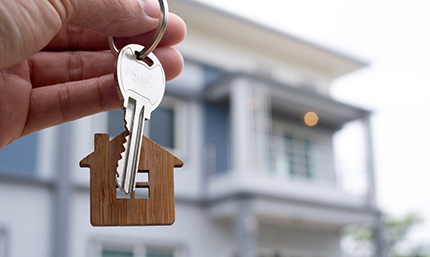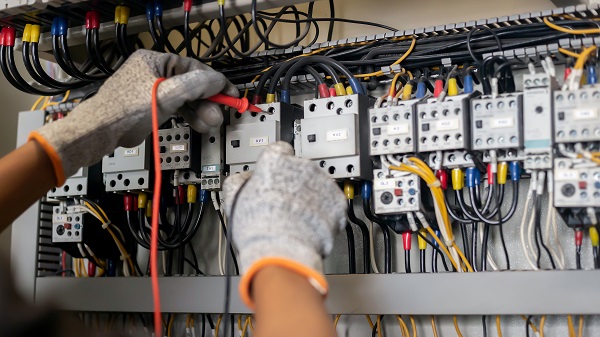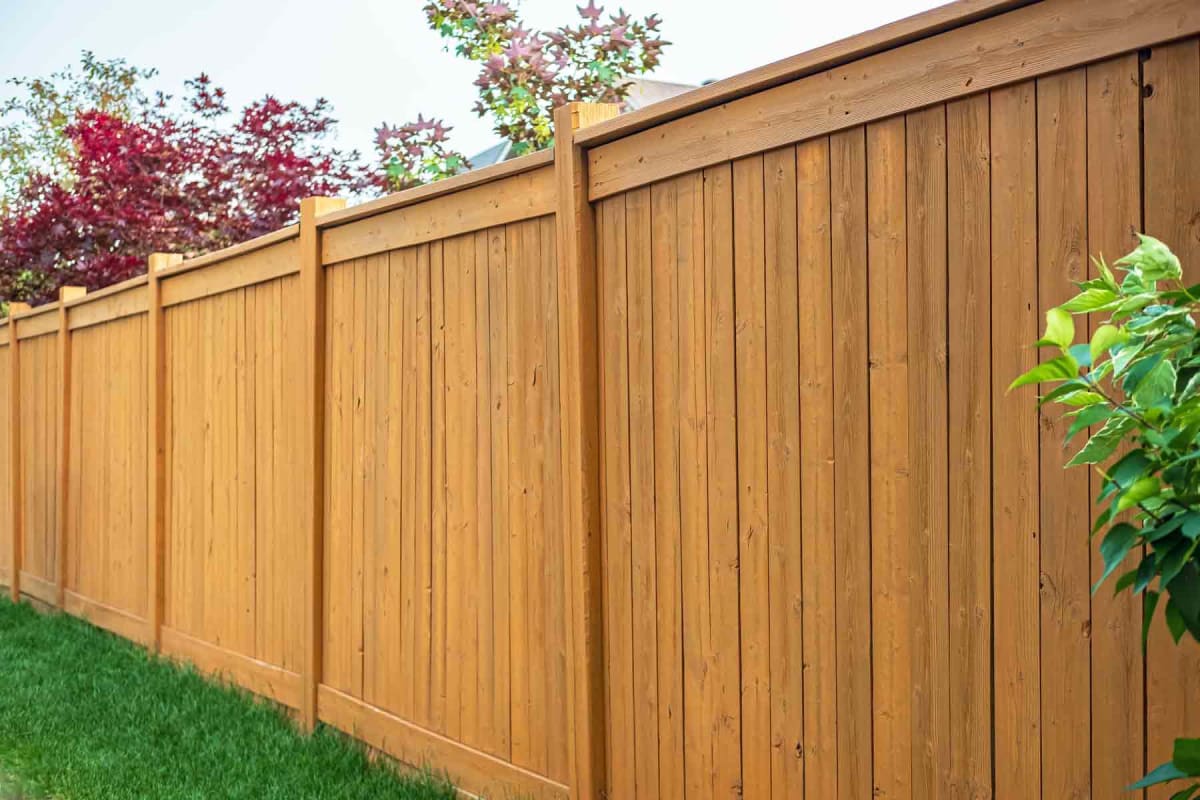Blockchain-centered information and wise contracts would gain authorized recognition and position below a new Dwelling bill lately set forth by Reps. David Schweikert, R-Ariz., and Darren Soto, D-Fla.
The freshly introduced Blockchain Data and Transaction Act forbids the denial of legal result and validity for any digital history, signature, or sensible contract “solely since it is made, stored, or secured on or by way of a blockchain.’’
The monthly bill intends to increase the federal definition of “electronic records” to incorporate blockchain and information taken care of via the distributed ledger resource, and allow records secured on blockchain to be licensed as genuine e-signatures.
If passed, the laws would also integrate protection of blockchain and good contracts into the federal legislation that governs the use of these types of signatures in commerce, the Digital Signatures in World wide and National Commerce Act of 2000.
“With the development of blockchain technologies, it is up to Congress to present a authorized framework to support its technological advancements,” Soto stated in a assertion. “As a law firm and notary, I recognize the worth of validated signatures for lawful documentation as an essential setting up stage in developing a blockchain-enabled infrastructure.”
The bill follows yet another by the identical title released by Schweikert in 2018, which was referred to the Household Committee on Energy and Commerce but did not come up for a vote. The latest variation of the act was also referred to the Dwelling Committee on Vitality and Commerce.
“Too several of our legal guidelines are continuing to prohibit innovation and advancements for effectiveness in our modern society,” Schweikert claimed. Both of those he and Soto are chairs of the Congressional Blockchain Caucus. Schweikert added the invoice marks a piece of the group’s “continued operate to foreseeable future-evidence our coverage.”
The chamber just lately passed two other payments with blockchain-relevant provisions.





More Stories
Getting Financed For The Condo You Want
Cape Haze Peninsula Vacation Rental Communities – Cape Haze Resort, Hammocks and Boca Vista Harbor
What You Need To Understand To Invest In Real Estate